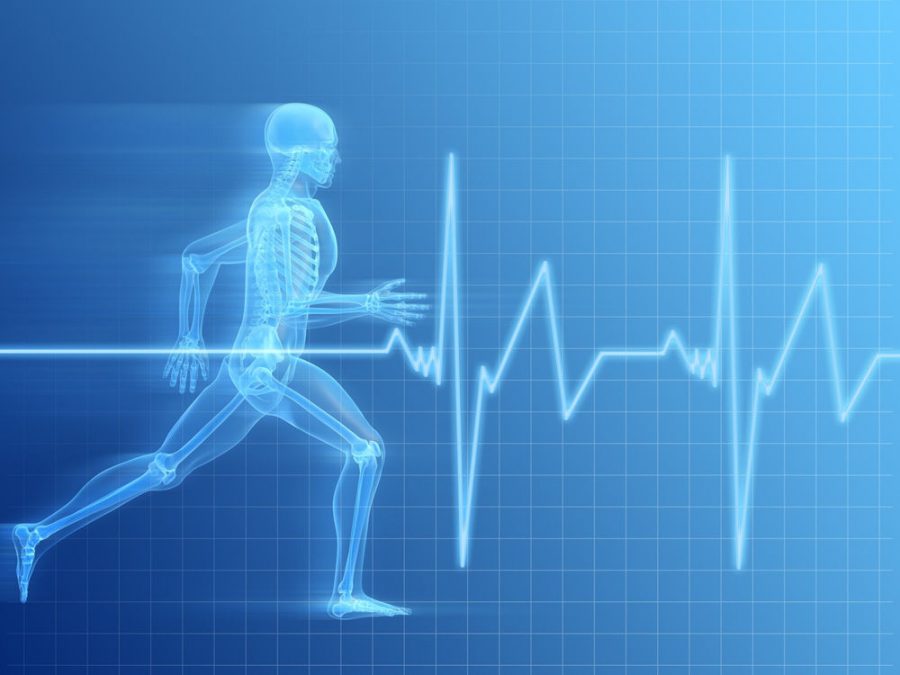Neuroscience in health
October 8, 2014
Have you ever found yourself being eager for a long-lasting change in regards to eating habits or the beginning of regular visitis to the gym?
One famous motivational speaker and author of bestsellers such as Unlimited Power and Awaken the Giant Within Anthony Robbins raised his fame through proposing the neuro-biological theories that have helped millions of people to significantly increase the quality of their lives. In 500 pages of Awaken the Giant Within, the author explains in great detail the reasons for all behavioral patterns and reasons that lay behind the failure to create long-lasting changes, move out of the comfort zone and develop habits that will benefit people’s lives.
One of the best ones that ultimately rebuilt my understanding regarding the neural associations and physical connections was explained when Robbins talked about Neuro-Science.
When we do something for the first time, we create a physical connection that allows us to re-access that emotion or behavior again in the future,» the author write. It means that every time we repeat the behavior, we add another strand to the neural connection, strengthenin
This interesting factor determines nearly every action of ours, be it a cultural characteristic, family tradition or all habits that each one of us has developed overtime. This factor is an exact reason why the younger individuals can change more easily than the older ones – because the connections of their nervous system are weaker. Why do Americans love their turkey for Thanksgiving and Russians love their vodka for New Year (and in general)? Because many people grow up in a culture that ingrains certain traditions which are repeated year after year, thus strengthening the connections. Why is it harder to make a healthier food choice or put on tennis shoes the more we procrastinate on these behaviors? And why, on the other hand, does the majority of people say that they cannot become vegan because of their love for cheese?
Each repeat of an action adds another strand to our neural connection, increasing the likelihood of another repeat and decreasing the willpower to finally breaking the habit. The emotional intensity that goes along just increases the tensile strength, be it pleasure of taste or pain when muscles are firing during a weightlifting session.
All of us, however, surely could remember the times when we stepped up and broke the bad behavioral pattern. We had to eliminate the pain of further prolonging the change and had experienced pleasurable feelings. For example, coming to the gym the first time after a long break, most people experience the sense of achievement and pride for their work, which leads them to exercise on a regular basis after just that one time. A path of breaking the habit and builiding a more beneficial one is the path required for any successful individual on the way to their goals.
Neuroscientist Michael Merzenich from the University of California, San Francisco has remapped the touch-activated areas in a monkey’s brain after he tought it to use the certain finger predominantly to get the food. The professor found that the area responding to the signals from finger’s additional use had expanded in size nearly 600 percent. This brilliant experiment shows that each individual almost physically «wired» to their emotional and behavioral patterns because of the strong neuro-associations within the nervous system that have been created. The good news brings the further research that has shown the shrinking of neural connections in area of the brain when the monkey was forced to stop using the finger. It means that if you will simply quit indulging in a specific behavior or emotion for a long enough time, the neural connection will eventually atrophy.
In the end, if all of us at least tried to give up the TV and take a trip to the gym or a spinning class instead, wouldn’t such an action make the difference toward improving our self-esteem and affect other areas of our lives in a better way making it easier to reach for the success now that we have been assured by the research of such a possibility? Just decide what you really want to change, link the massive pain to procrstination of changing, and be convinced that the habit will eventually die if you stick to your goal.



